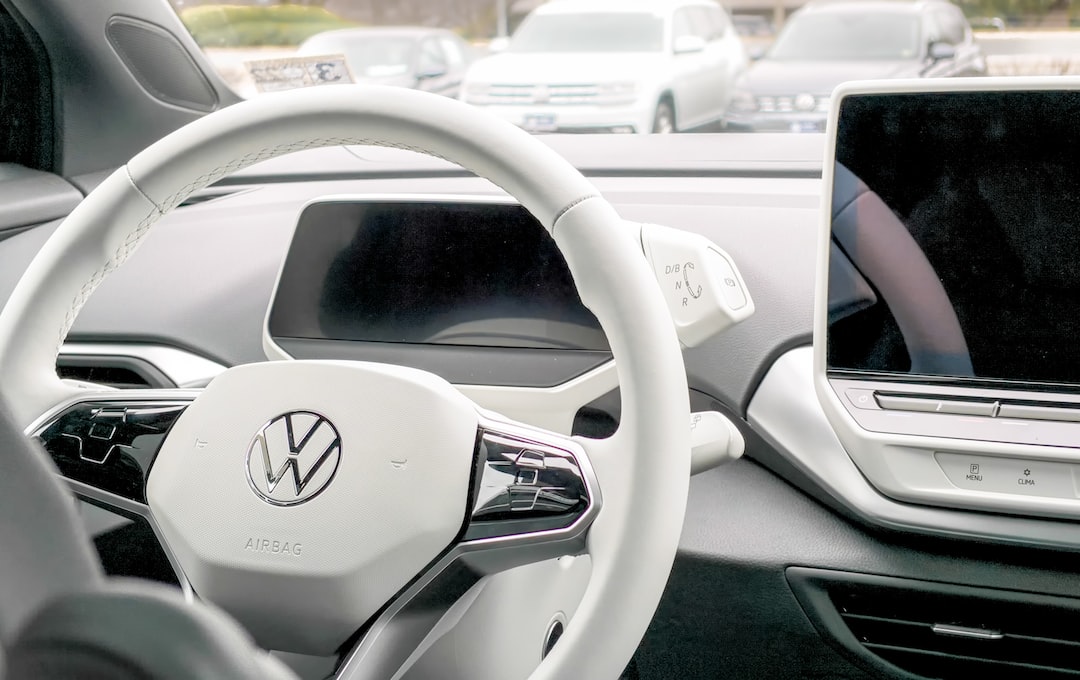The automotive industry has seen remarkable advancements in technology over the past few decades, and it shows no signs of slowing down. From electric vehicles to autonomous cars, the future of automotive technology looks promising and transformative.
One of the key focuses of the industry is the development and adoption of electric vehicles (EVs). With the urgent need to combat climate change and reduce greenhouse gas emissions, EVs offer a cleaner and more sustainable alternative to traditional gasoline-powered cars. As technology evolves, the range of EVs is increasing while the cost is decreasing, making electric vehicles more accessible to a larger population. Governments and car manufacturers alike are investing heavily in EV infrastructure, such as charging stations, to encourage the transition from internal combustion engines to electric-powered vehicles.
However, the future of automotive technology goes beyond electric vehicles. The next big leap is toward autonomous cars, commonly referred to as self-driving cars. The idea of cars that can navigate themselves without human intervention is no longer science fiction but a reality. Companies like Tesla, Google’s Waymo, and Uber have already made significant progress in developing autonomous driving technology. While there are still regulatory and safety challenges to overcome, it is only a matter of time before self-driving cars become a common sight on our roads.
Autonomous cars offer numerous benefits. They will significantly reduce accidents and fatalities caused by human error, as well as improve traffic flow, reduce congestion, and decrease travel time. Furthermore, self-driving cars have the potential to revolutionize the concept of car ownership. With the rise of ride-sharing and the advent of autonomous taxis, many experts predict that car ownership will become less common, as people will prefer to rely on autonomous vehicles for their transportation needs.
Another area of potential advancement in automotive technology is the integration of artificial intelligence (AI). AI has the potential to enhance the driving experience by enabling vehicles to learn from their surroundings, make informed decisions, and predict potential hazards. For example, AI can be used to improve driver-assistance systems, such as collision avoidance, adaptive cruise control, and parking assistance.
Moreover, the future of automotive technology is not limited to just cars. Other modes of transportation, such as trucks and public transportation, are also adopting new technologies. The development of autonomous trucks could revolutionize the logistics industry by improving efficiency and reducing fuel consumption. Additionally, advancements in public transportation technology, such as electric buses and trains, will contribute to creating greener and more sustainable cities.
In conclusion, the future of automotive technology is bright and exciting. Electric vehicles, autonomous cars, and AI integration are just a few of the advancements that are shaping the industry. With each passing year, we are moving closer to a world where transportation is cleaner, safer, and more efficient. The developments in automotive technology have the potential to transform not only the way we move but also the way we live and interact with our surroundings. It is an exciting time to be witnessing the automotive industry’s evolution.

